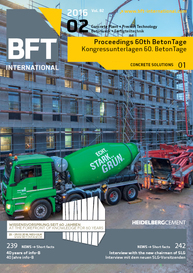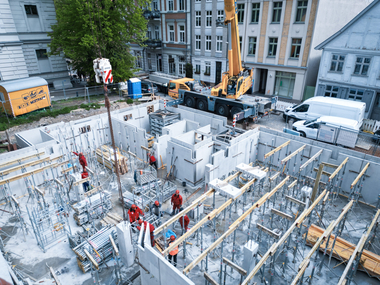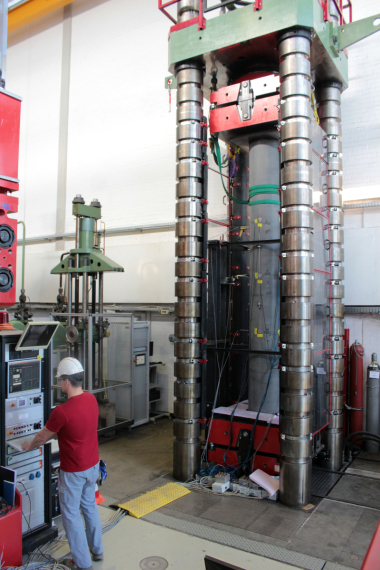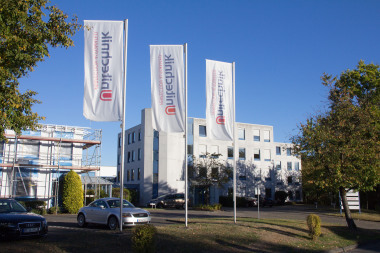Ensuring refund of energy costs in the precast concrete industry
By introducing the obligation to start an energy audit and/or an energy management system (for larger companies), legislation also aims to include industry in discovering as many savings potentials in energy consumption as possible, and in utilizing them for a long-term, sustainable economic process. This approach would also make a relevant contribution to attaining climate protection objectives set by the German federal government.
This obligation involved here, moreover, offers considerable opportunity for discovering and realizing savings potentials in operating costs that exceed the...







